Finances
What are the chances of the US going into another recession?
The prospect of a recession is looming large in America. But how high could that risk actually be? In this article we’ll cover what could cause it, and how you can prepare for it. Read on to find more out about!
Advertisement
The fear that the country could be heading towards another economic crisis has grown over recent months. But just how high is this risk?
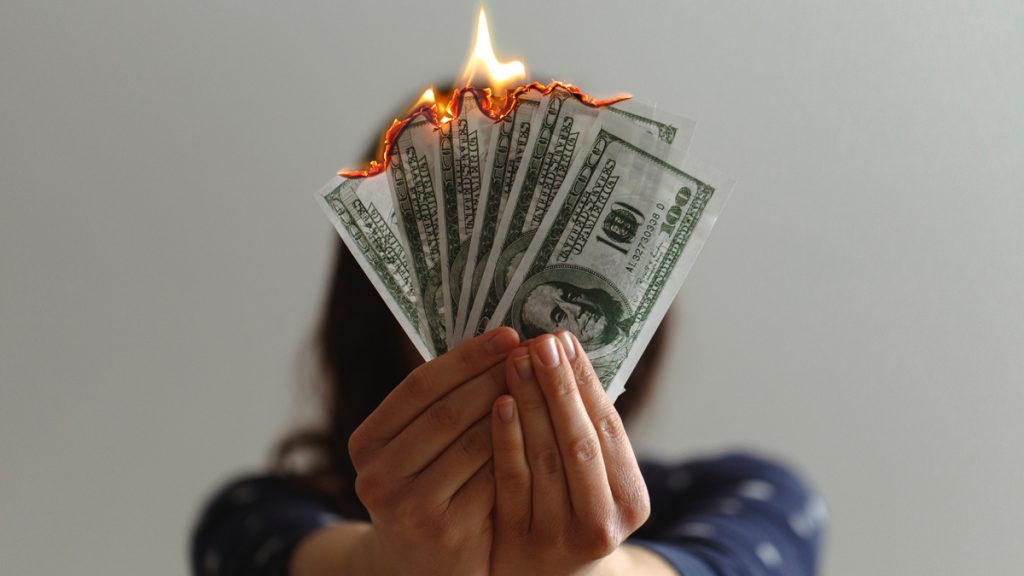
The U.S economy shrank in the first three months of this year, and inflation is at an all-time high – with stocks sinking even further alongside it. The Federal Reserve has made borrowing much costlier as they continue their interest rate hikes throughout 2022 to try & combat these problems before another economic downturn occurs again. Could the country be facing yet another recession soon just two years after recovering from the last one?
For now, it doesn’t seem so. Despite the inflation squeeze, the country’s economy seems to be getting back on track. Consumers are still spending at a healthy pace and businesses invest in equipment or software to reflect their positive outlook about future prospects. Plus, there’s plenty of demand from employers who need more workers. The job market has been robust recently with hiring strong while layoffs remain low across many industries.
However, in recent weeks, several developments have taken place which suggest that the risk of recession may be increasing. The current high inflation has proven to be more stubborn than expected, and Russia’s invasion in Ukraine has elevated global food prices as well as energy costs. Lockdowns continue within China due COVID-19, and the impact is causing supply shortages worldwide.
The Federal Reserve Chair, Jerome Powell, spoke at a news conference in early May and reinforced that the Central Bank’s determination is to do whatever it takes in order to curb inflation. That includes raising interest rates so high as perhaps weakening America’s economy. By doing so, the Fed could risk an upcoming recession by mid 2023, according to economists.
You will be redirected to another website
You’ll receive messages for less than 1 week, with a maximum of 1 message per day. You can unsubscribe anytime by replying STOP. By submitting this form, I confirm that I am 18+ years old and agree to the Privacy Policy and Terms and Conditions. I also provide my signature, giving express consent to receive informational messages via automated emails, SMS, MMS text messages, and other forms of communication. Message frequency may vary as part of our good-faith effort to respond to your inquiry. Message and data rates may apply. Text STOP to cancel. I understand that my consent to receive communications is not a condition of purchase and that I may revoke my consent at any time.
Advertisement
What are the risks for a 2023 recession?
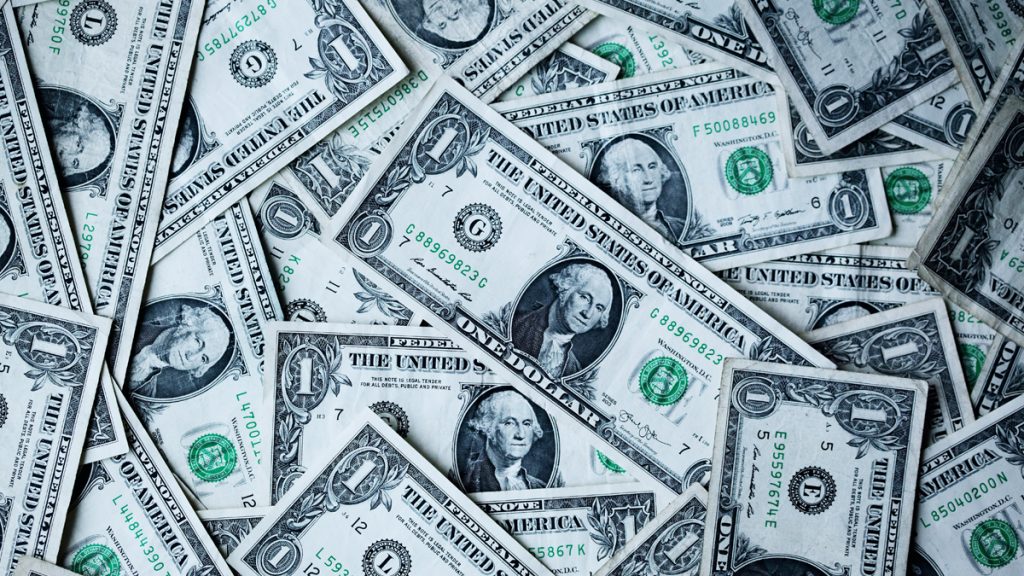
By 2023, the Federal Reserve’s short-term rate could reach levels not seen in the past 15 years. Analysts say that if this happens it would have a detrimental effect on many aspects of American life, including consumer and business loans alike because high borrowing costs make it harder for people to get credit cards or even buy new cars with monthly payments via leasing agreements.
In a note to clients, Ethan Harris – the global economist at Bank of America – says that the risk for recession is low now but will be elevated in 2023 if inflation reaches its target rate and forced hikes by The Fed continue.
But with America’s unemployment rate at a near-half century low, and employers posting record numbers of open jobs in this healthy labor market – what might cause an economy with such optimal labor conditions to suffer from yet another recession?
According to experts, here’s how it could happen:
The recent rate hikes by the Federal Reserve are sure to slow down spending in areas that require consumers to borrow. Housing is one obvious example, with mortgages at their highest level since 2009 and home sales falling accordingly as people wait out this mortgage tightening period before they buy new homes or move up into more expensive ones.
Borrowing costs for businesses are reaching new heights, with many corporations finding it necessary to issue more bonds. If these higher rates continue without any relief in sight, then we could see an economic deterioration. That will certainly hurt both investment and hiring practices across the board.
The recent stock market crashes may have an effect on how much money people spend. Wealthy Americans, who hold most of America’s equity wealth in stocks are likely to be discouraged from spending as freely due their investments becoming less valuable. The broad indexes have fallen for five straight weeks now. That could make companies cautious about expanding into new markets or making large investment decisions.
The rise in caution among consumers about spending their money could lead to a slowing down or even hiring freeze. If the economy were to lose jobs, it would result in making people even more fearful. That would lead to them pulling back their purchases. In turn, it would significantly affect business revenue deeply enough that it might not be recoverable without major changes.
High inflation would make matters worse for American consumers. With wage growth adjusted for cost of living, they may have trouble purchasing enough goods and services to keep up with costs as their money slowly loses value over time.
Advertisement
Signs of recession in America
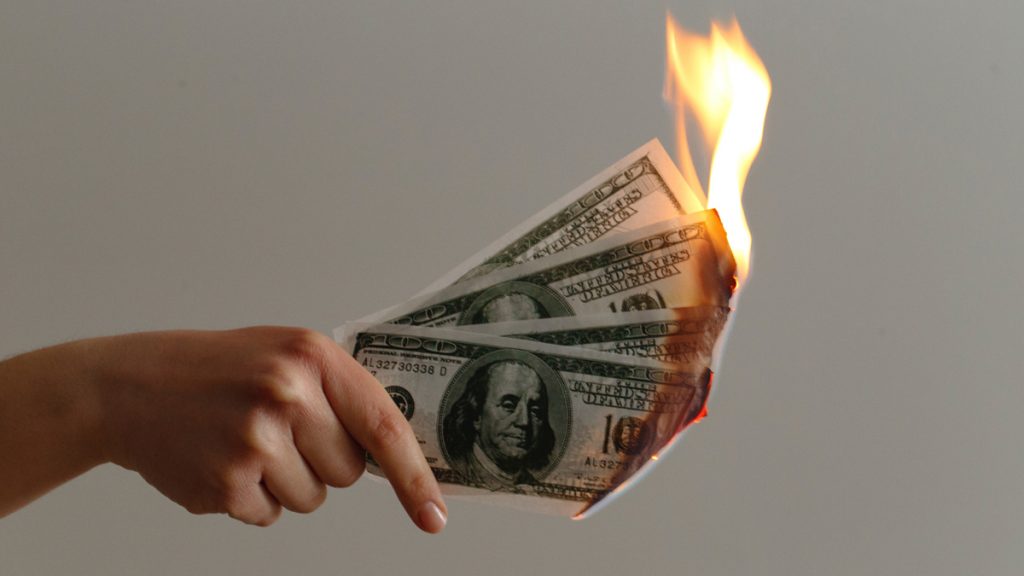
The clearest sign that an economy might be gearing up for a recession is when job losses steadily increase. Whichh causes unemployment spikes. On average, increases of about three-tenths percentage points lead to recessions within months after the event occurs.
The economic cycle is monitored by many economists in order to detect when a recession may be looming. One way they do this is to observe changes with interest rates on different bonds. That can give them an idea for what’s coming next. If the 10-year Treasury yield falls below 3 month T-bills, then we might expect some bad news. That is because it means people are getting less return than before while investing their money over longer periods of time rather than shorter ones.
The inversion of a yield curve generally means investors expect recession to occur. This will compel the Fed cut rates. Inverted Curves often precede economic recessions. However, it can take up to 18 or 24 months for the downturn to arrive.
Fed Chairman Jerome Powell said at his news conference last week that the goal of a rate hike is to cool borrowing and spending. That should cause companies to reduce job openings. In turn, he hopes this will alleviate inflation pressures but without significant losses or an outright recession from occurring.
Even though many believe this to be possible, there are a large number of economists who doubt that the Fed can succeed in stabilizing inflation without disrupting economic growth.
In conclusion, if you are skeptical about the economy’s future but would like to secure profitable earnings, we can help. Follow the link below and learn about the 3 best low-risk investments available on the market.
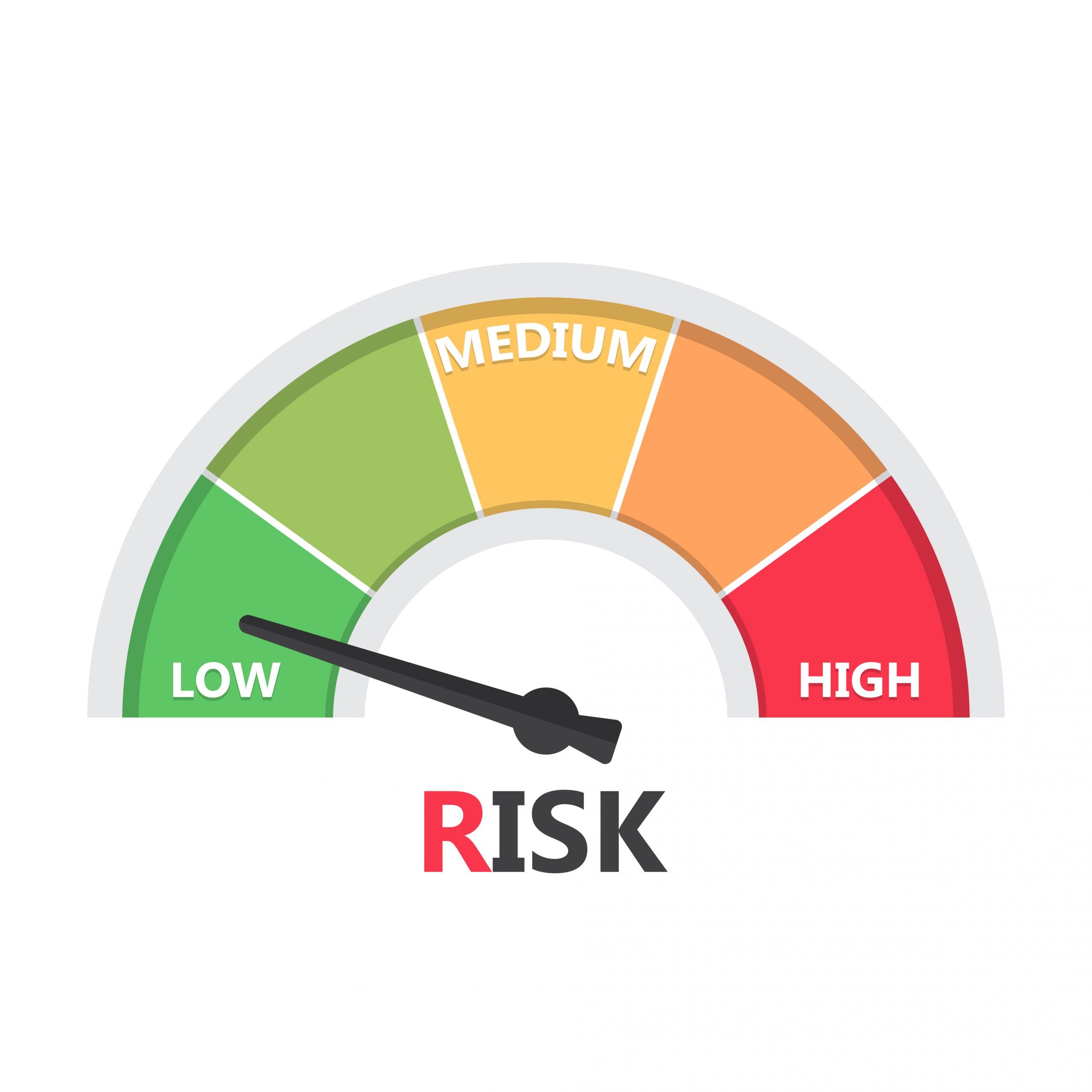
The 3 best low-risk and safe investments
Learn the best low-risk investments so you can still make money even during an economic downturn.
Trending Topics
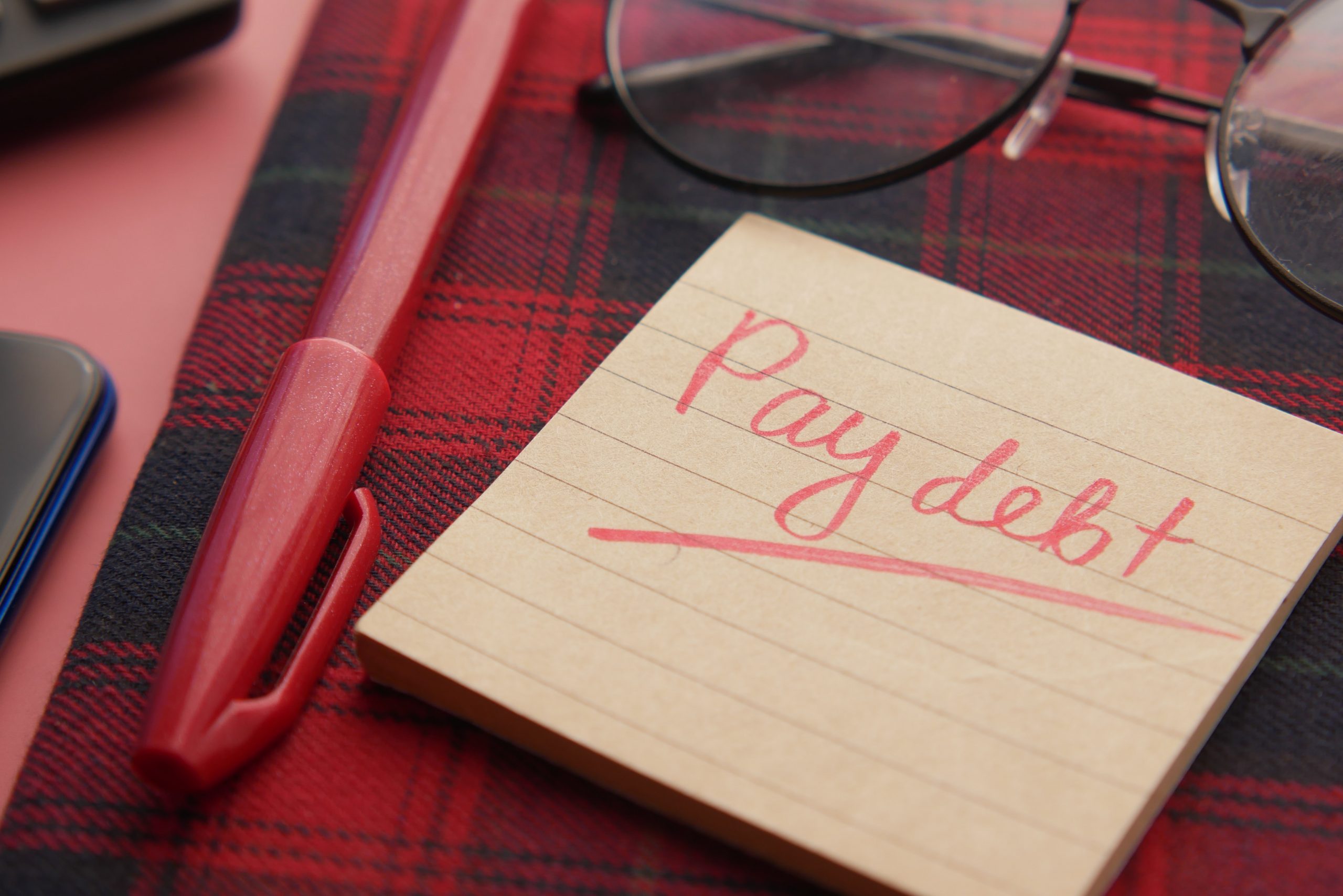
Debt consolidation loan: an uncomplicated guide
A debt consolidation loan may be suitable if you're struggling to cope with the monthly minimums on your credit cards. Find out more here!
Keep Reading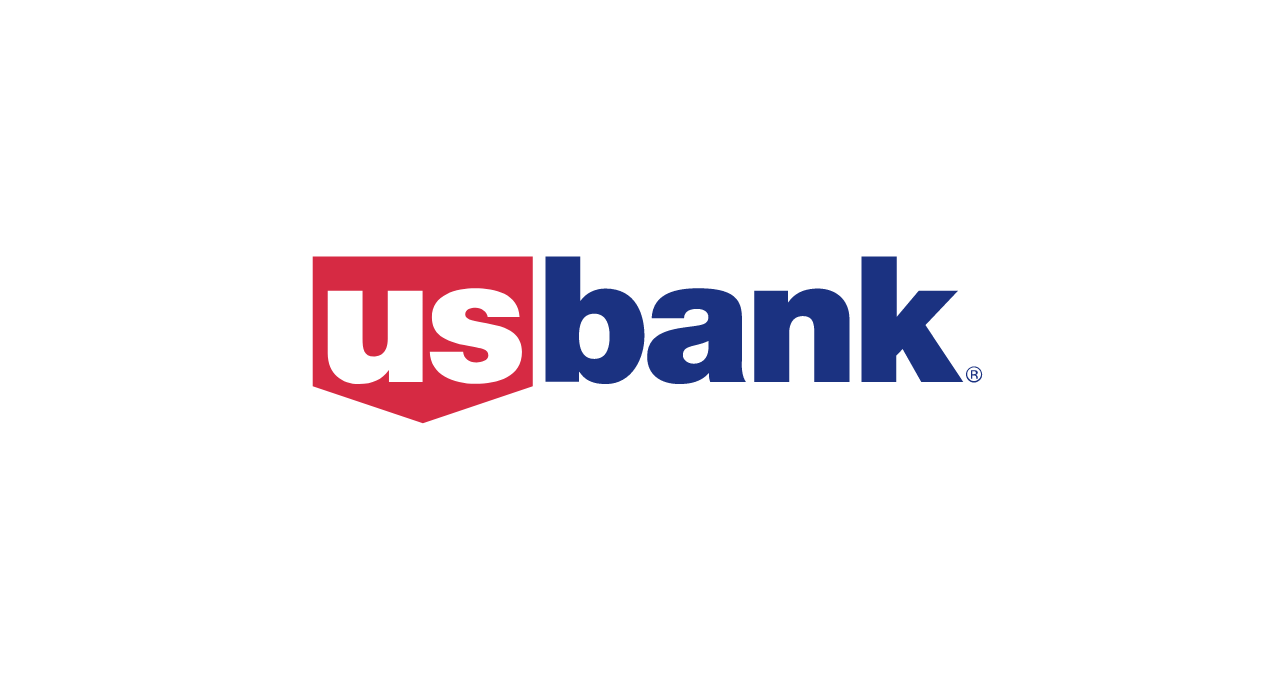
US Bank Altitude® Go Visa Signature® Card review: is it worth it?
Enjoy introductory bonus and restaurant rewards with the US Bank Altitude® Go Visa Signature® credit card. Learn all about it!
Keep Reading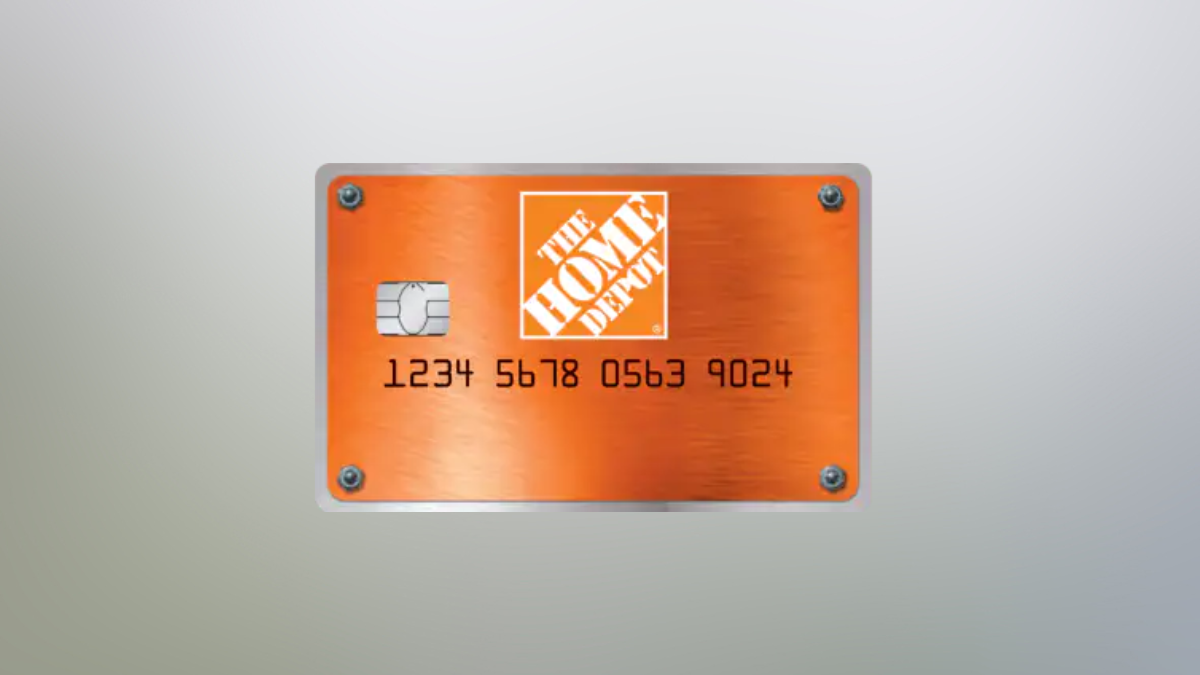
Home Depot Consumer Credit Card: Apply Now!
Discover the simple steps to apply for the Home Depot Consumer Credit Card, a valuable shopping tool. Keep reading for details.
Keep ReadingYou may also like
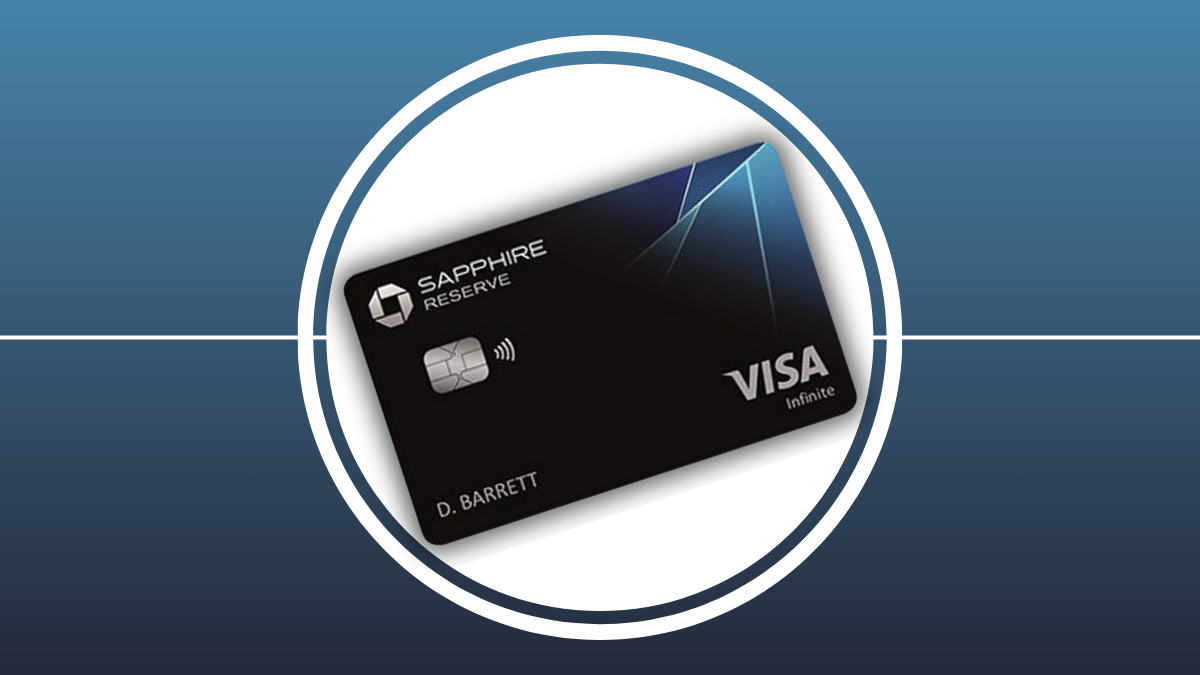
Chase Sapphire Reserve® review: Free airport lounge access worldwide
Read our Chase Sapphire Reserve® review. This rich travel card makes your adventures even brighter. Earn points. Check out our full post!
Keep Reading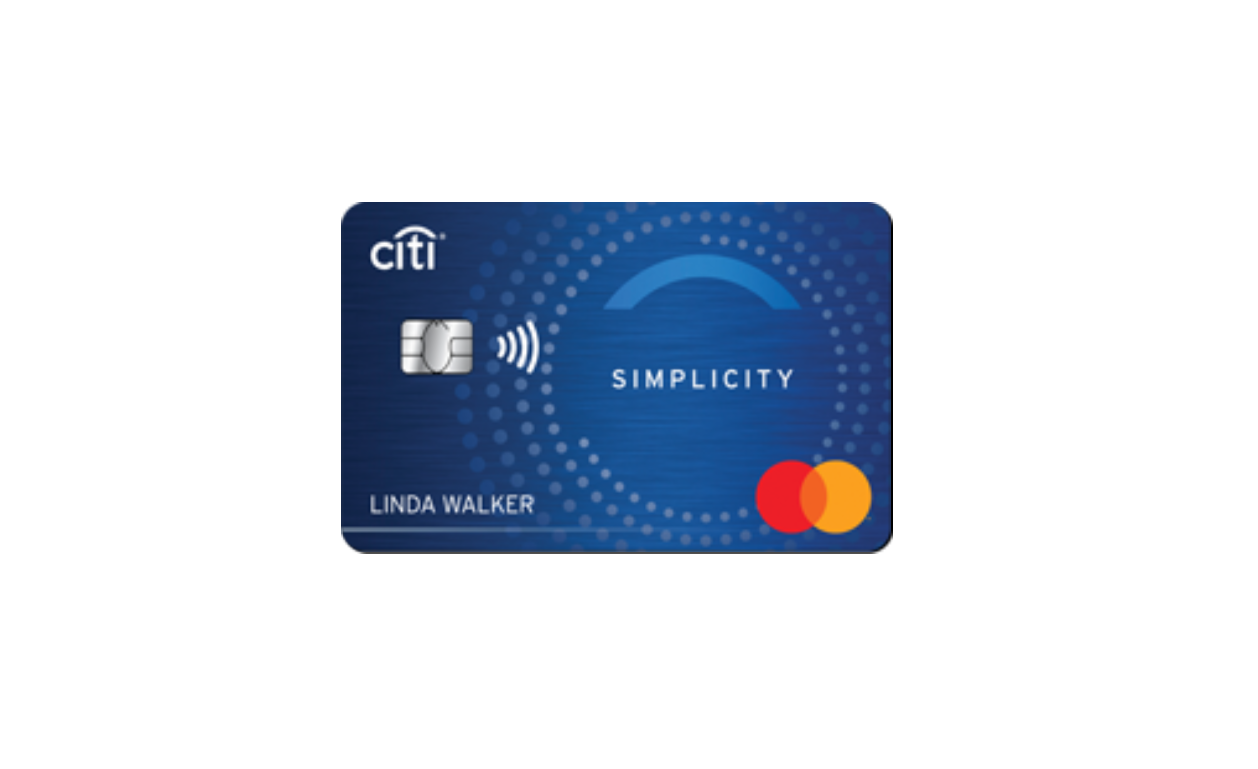
Citi Simplicity® Card application: how does it work?
Do you need a credit card to help you pay your debts? Discover if you are eligible and how to apply for a Citi Simplicity® Card. Read on!
Keep Reading
Capital One Quicksilver Student Cash Rewards Credit Card application
Are you looking for a student card? Check out how to apply for the Capital One Quicksilver Student Cash Rewards Credit Card. Read on!
Keep Reading